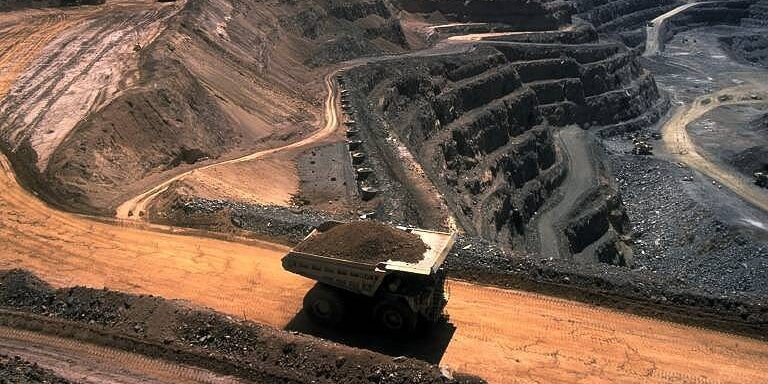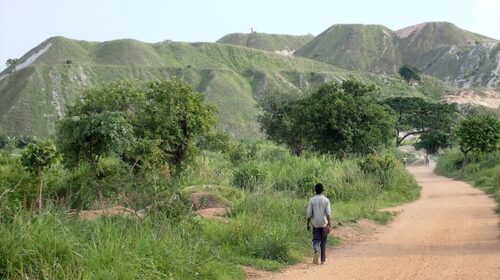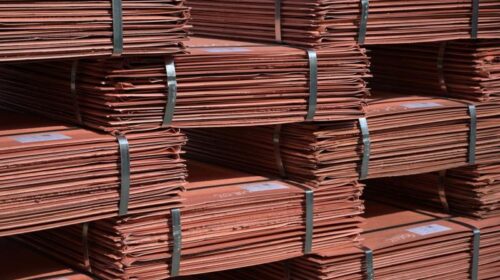Africa: On tour for security and mining issues? Anthony Blinken held to the duty to respect the choices of the DRC
Tribune- Unless unforeseen, US Secretary of State Anthony Blinken will be in Kinshasa on August 9 and 10, 2022.
For the DRC stage, the official press release from the Department of State confirmed by the United States Embassy in Kinshasa places this stay within the framework successively “of the holding of free, inclusive and fair elections in 2023”, promotion and respect for “human rights and the protection of fundamental freedoms”, “the fight against corruption”, “support for trade and investment”, the issue of “climate change and support for “regional African efforts to promote peace in eastern DRC and the wider Great Lakes region”. This for the tip of the iceberg…
For the non-visible part, there are undoubtedly the economic issues. And when it comes to the DRC, probably mining.
Indeed, the mining potential for which the United States declares of the Democratic Republic of Congo, a “strategic interest in Africa” was evaluated in 1997 at “25% of the world reserves of cobalt, 18% of the world reserves of industrial diamonds, 6% of the world’s copper reserves”.
Today, with lithium, the Democratic Congo has reserves of 132 million tons, far superior to that of the United States estimated at 750,000 tons and Chile, which is displayed with 9,200,000 tons.
Remembering it the day before Anthony Blinken arrives is fine.
After all, history records that all the wars of the Congo, but then all, from the Leopoldian era to this day, are related to minerals. Those said to be from the East are proof of this.
Some governments involved, some not at all. Various reports by United Nations experts attest to this.
What could be more normal than the negotiations aimed at lasting peace integrating the economic issue, and therefore mining, into the security solution?
But here it is: morality does not go along with the intention of making (making) even by proxy wars on the Congolese in their own country, for their own resources, and in addition to keeping this people under arms embargo, whatever whatever the degree!
After all, the Congo’s resources are the property of the Congolese first, just as the resources of the United States are the property of the Americans first (President Monroë is responsible for the famous phrase “America to the Americans”.
In this logic, the resources of China are the property first of all of the Chinese, of Belgium the property of the Belgians first, of Chad the property of the Chadians first, of Rwanda the property of the Rwandans first.
Each country, according to its Constitution and whatever the nature of the instruments of adhesion to international community organizations used, disposes of its resources for its people.
In the name of its internationally recognized sovereignty, the Democratic Republic of Congo has the latitude to negotiate the exploitation of its resources with whomever it wants: Europeans, Asians, Africans, Americans, Oceanians.
Since 1960, it has done so with a good number of countries on all continents without this raising any concerns or arousing any qualms.
Nothing therefore justifies the stigmatization of other partners who enter into business with the DRC by applying the established rules.
The main thing is to respect the commitments made.
The respect to be owed to this country is, in the name of the sacred principle of continuity of the State, to let it assume its responsibilities.
Anthony Blinken is bound by this duty if he comes to Kinshasa more as a partner than as a giver of injunctions…
![]()





